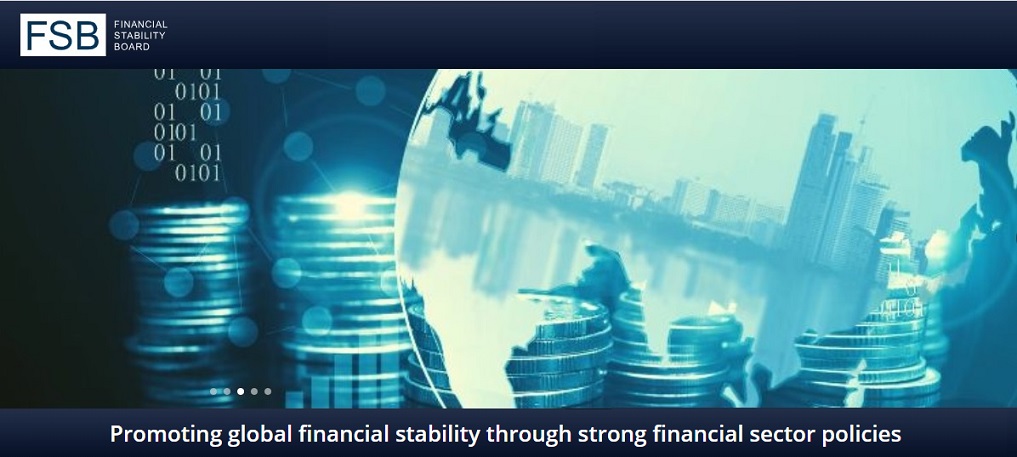
Despite significant progress, efforts have not yet translated into tangible improvements for end-users at the global level, said G20’s Financial Stability Board (FSB) in its consolidated progress report for 2025.
Global financial authorities are set to miss a 2027 target set by the G20 group of nations to make international cross-border payments faster, cheaper and more transparent, the G20’s Financial Stability Board said on Thursday, Reuters reports.
According to the G20’s Financial Stability Board (FSB), global financial authorities will not meet the goals orginally set in 2021 which include cutting the global average cost of a retail payment to no more than 1% of its value and for 75% of wholesale and retail payments to be credited within an hour of initiation.
„It’s becoming clear that the (G20) targets are not going to be hit by 2027,” said FSB deputy secretary general Martin Moloney, as quoted by Reuters.
He cited the large number of countries involved as well as the challenges of overhauling existing infrastructure as two causes of the delay.
Moloney also said that the G20 has two choices – to extend the original deadline or to come up with an entirely new one.
Payment processors and other fintechs have unsurprisingly reacted with disappointment, blaming a combination of outdated technology, inflexible regulations and dominant legacy banks.
Laurent Descout, CEO and co-founder at digital bank Neo, has cited the oligopoly of incumbent banks as the problem. “For their part, fintechs have driven a significant reduction in cross-border fees and FX spreads since 2011.
„However, the reality is that a small number of major banks continue to dominate the correspondent banking business, creating an oligopoly that limits competition and causes bottlenecks.” – he said.
According to Mike Walters, CEO of payment technology vendor Form3, a compelte overhaul of payments infrastructure is needed,. “The industry is still dependent on correspondent-bank networks built in the 1970s. (…) If the G-20 wants to reduce costs, the next move must be to harmonise regulation, mandate real-time settlement across jurisdictions, and perhaps most importantly, build open and resilient cross-border rails. We need infrastructure that can scale safely, 24/7, without legacy single points of failure„.
Full FSB statement below:
In 2020, the G20 launched a Roadmap to make cross-border payments faster, cheaper, and more transparent and inclusive. To give ambition and accountability to the Roadmap’s goals, in 2021, the G20 endorsed a set of global quantitative targets, most of which are set for end-2027. To more effectively monitor progress, the annual progress report has been combined with the report on key performance indicators (KPIs).
Over the past year, several milestones have been achieved, marking the end of the major policy development initiatives. However, these efforts have not yet translated into tangible improvements for end-users at the global level. The KPIs for 2025 show only a slight improvement at the global level since the KPIs were first calculated in 2023. It is unlikely that satisfactory improvements at the global level will be achieved in line with the 2027 Roadmap timetable.
At the global level, the KPIs indicate that access to cross-border payments remain broad and the global speed of wholesale cross-border payments has improved, possibly laying the foundation for faster retail payments and remittances in the future. The speed of remittances has also improved globally, which means those end-users relying on financial support from family members abroad are receiving payments more quickly. However, the average global cost of such payments remains sticky, although some improvements have been made in the most expensive regions.
Therewas slight improvement in transparency of information to end-users in some areas, but current quantitative data remains insufficient to form a complete picture. Over the coming year, the FSB and other partner organisations will focus on enhancing monitoring and supporting implementation of the international policies that have been agreed under the G20 Roadmap.
Banking 4.0 – „how was the experience for you”
„To be honest I think that Sinaia, your conference, is much better then Davos.”
Many more interesting quotes in the video below: